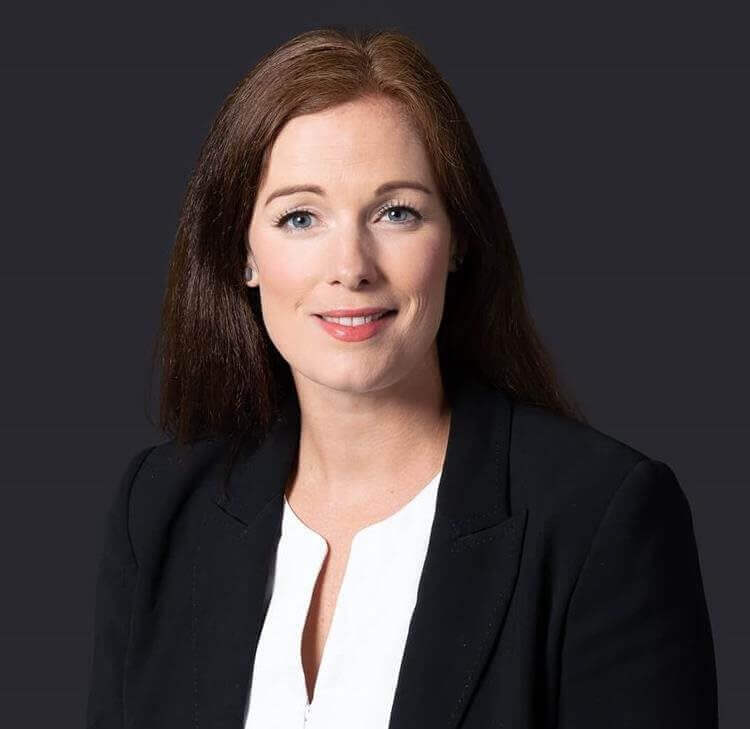Advice for secondary schools on wearing face coverings
The latest guidance from the Department for Education (DfE), March 2021, recommends that staff, pupils and students in year 7 and above should wear face coverings.
Please note: the information contained in this legal update is correct as of the original date of publication
The latest guidance from the Department for Education (DfE), March 2021, recommends that staff, pupils and students in year 7 and above should wear face coverings when:
- “moving around school premises such as in corridors and communal areas where social distancing cannot easily be maintained; and
- in classrooms and during school activities unless social distancing can be maintained”.
Following the proposed reopening of schools on 8 March and the issuing of the DfE guidance, some parents have questioned whether schools intend to make mask wearing compulsory and raised concerns over the impact of this practice on their children.
The DfE guidance is not mandatory and there is no legal duty for schools to follow it. This means that the ultimate decision on whether or not to make mask wearing compulsory is for the school to take. This advice note identifies various issues that we recommend schools consider before deciding on the stance they wish to take.
1. Health and Safety
As part of preparing to reopen on 8 March, school leaders should undertake or update their existing risk assessment. As part of that assessment and in light of the latest guidance, wearing a face covering will have to be considered as one of the measures to take to get the risk of infection to an acceptable level to enable schools to remain open. As part of this assessment, school leaders may decide that wearing face masks is an important measure that helps to mitigate the risk of spreading COVID-19 amongst pupils and staff. On the other hand, school leaders may feel that other measures in place are sufficient or can effectively compensate for the lack of face coverings. Whatever decision is made, we recommend that the rationale and reasoning is clearly recorded and that any insurance policies are checked.
There are various sources of science and health-based information that argue for and against the use of face masks. School leaders are clearly not expected to be experts in this field, and should not be expected to decide which expert evidence is the most compelling and should therefore be followed. Nevertheless, parents will undoubtedly refer to certain evidence that helps promote their arguments either for or against the mandatory use of face coverings. Our view is that schools should seek to follow guidance from the DfE (which cites recommended practice from the World Health Organisation and follows Public Health England) and from their legal advisers, and factor that into the risk assessments.
Schools should consider that if face coverings are factored into a risk assessment but are not made compulsory, and/or a high percentage of pupils choose not to wear them, it could undermine that risk assessment, create health and safety problems and potentially have insurance ramifications.
The Health and Safety Executive (HSE) states that “health and safety in schools is about taking a sensible and proportionate approach to ensure that the premises provide a healthy and safe place for all who use them”. Wearing a face covering is arguably proportionate in the current climate.
2. Exemptions, Equality and Data Protection Considerations
Some pupils will be exempt from wearing face coverings, eg due to a disability or other social, behavioural, emotional or medical need, or if wearing a mask will cause severe distress. The full list of exemptions can be found in DfE guidance on face coverings.
Schools will not only need to make reasonable adjustments to policies in accordance with their statutory duties for disabled pupils under the Equality Act 2010, such as exempting disabled pupils for the need to wear face masks, but also consider exempting those for whom face coverings would cause severe distress, who may not be disabled. Parents and pupils will need to engage with the school to inform staff why their child is exempt from the need to wear a face covering, so that the school can comply with this duty. This leads to two potential issues.
Firstly, it exposes those pupils with a health issue, who may not wish to be identified. This has data protection implications. As the exact health issue is not being disclosed, any distress to that pupil in being identified as having a health need, due to making face coverings mandatory, is outweighed by the health and safety interests of others in the school community. Clearly, pastoral care of individual pupils is key to ensure that pupils feel comfortable in school and the school should have designated staff they can go to if they wish to discuss any concerns.
Secondly, it will lead to schools having to consider how to check that pupils who are not wearing a face covering are exempt, as even sensitive questioning could lead to some distress on the part of the pupil concerned. This may not be an issue for smaller schools, who may know all those pupils who are exempt and therefore won’t need additional systems to check. However, for larger schools, further systems may be required – at least until all those who are exempt are known to the relevant staff. Whilst in the general public areas outside of school there is no requirement to evidence your exemption due to health needs, we are aware that some schools have opted to use certain markers on the back of ID cards, such as coloured stickers, that pupils need only flash to staff when entering the school premises or the classroom etc. This does not expose the exact medical need the pupil has and stops them being unnecessarily questioned by staff.
Schools will need to ensure that any special categories of pupil data which include health and medical information are processed and stored in accordance with data protection principles.
Schools should be conscious about not over-processing large amounts of personal data, including special category data, where it is not necessary. If class lists of exempt students are being provided to staff, in order to safeguard staff, the nature of the medical condition leading to the exemption does not need to be disclosed to all staff, unless it needs to be known for emergency situations in line with school policies.
3. Enforcing compliance
Failure to follow any face covering rules informed by the school’s overall risk assessment is arguably a breach of health and safety requirements, and could make the environment unsafe for the pupil themselves and the rest of the school community.
The DfE guidance states that no pupil or student should be denied education on the grounds that they are not wearing a face covering. In our view, it is lawful and reasonable for schools to set a rule that, unless exempt, all pupils and staff must wear face coverings when moving around school premises, and indoors where social distancing is impossible. It would then follow that if a teacher asks a pupil to wear a face covering and that pupil refuses without a reasonable excuse, a disciplinary sanction can lawfully be imposed (s90, Education and Inspections Act 2006). This is, of course, at the discretion of school leaders and must be in line with the contents of the school’s behaviour policy. Any decision to impose a disciplinary sanction based on a failure to wear a face covering would have to be shown to be proportionate.
Next steps
The DfE have stated that the guidance on face coverings is a temporary measure and will be reviewed at Easter. Hopefully, the need for face coverings will become redundant in the not-too-distant future. However, until then, schools will need to make informed decisions based on the best interests of the school community as a whole.
Effective, regular communication with parents, pupils and staff is key. However, if parents are unhappy with the school’s position, then they should be directed to send any concerns or complaints to the school in accordance with the school’s complaints policy.
For further advice please contact Hayley O’Sullivan, Senior Associate.
Contact

Hayley O'Sullivan
Principal Associate
hayley.o'sullivan@brownejacobson.com
+44 (0)121 237 3994








































